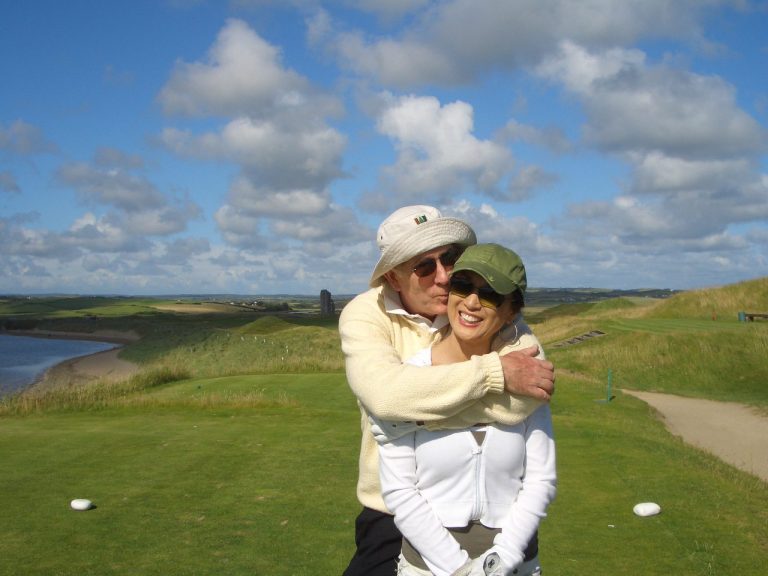
ur
In the 1964 film “My Fair Lady” Rex Harrison sings: “Why can’t a woman be more like a man?” His student, Miss Eliza Doolittle, had triumphed at her coming out party but then fled for her life. This confused poor Professor Higgins and he sang the Lerner and Loewe song out of confusion and rage.
The conflicts produced by gender has been with us for ages. So let us elaborate on the differences between men and women.
As a guide, we can rely on the research out of Harvard Professor Carol Gilligan in her book “In a Different Voice.” Gilligan’s research suggests that there is a major difference between men and women and that women naturally emphasize relationships, love, and connection, and men emphasize achievement, competition, aggression and self-promotion.
An example of male self-promotion and female willingness to take a back seat and support her partner is in the 50-year relationship between French writer and philosopher Simone de Beauvoir and her partner, famed French existentialist Jean Paul Sartre. De Beauvoir’s brilliance in philosophy is understood by many but yet she is rarely given the credit for her contributions to existentialism. All credit goes to Sartre. She went on to write “The Second Sex,” which became a foundational work of feminism.
Mary Shelley’s “Frankenstein” is credited for starting the science fiction genre yet during her lifetime she was known mostly as the wife of poet Percy Shelley and some even suggested that he wrote “Frankenstein” and not her.
I learned about the female character trait of connection and love many years ago while visiting my parents in Florida. My wife and I were staying in a nice hotel in Fort Lauderdale and I invited my mother and my sister to join us for brunch. It was to be a simple brunch for four. I was shocked when I saw two carloads of siblings, nephews and nieces arrive with my mother at the wheel. When I asked my mother why she had invited all the relatives, she said she didn’t want to leave anyone behind.
The male character is quite different and emphasizes competition, and separation rather than cooperation. Just sit around a table of men after a golf tournament and you will learn vast amounts about the male identity. The talk is about winning, courage, anger at missed shots, or other guys choking. Everyone is talking but no one is listening.
The masculine tendency to compete, achieve, and show off their powers is on bold display, just as Carol Gilligan suggested. To play in a grueling four-day golf event requires enormous will power, focus, strength and a sacrifice of time, energy and health.
The rewards for all this are not financial. Yet men jump into this crucible of pain with a smile. One must conclude that men are in some way biologically and unconsciously driven to compete and to win.
On the other hand, women are unconsciously driven to care for families. They are driven to cooperate and to love. Here again the rewards are not financial and the sacrifices made by women to maintain an organized household and raise children are enormous.
Last summer there was a perfect symmetry when “Oppenhiemer” and “Barbie” came out the same week. “Oppenheimer was about male destrudo or the death wish whereas “Barbie” was about female libido, love and sexuality. It takes two to tango, two to make a baby and two to live a good life.







